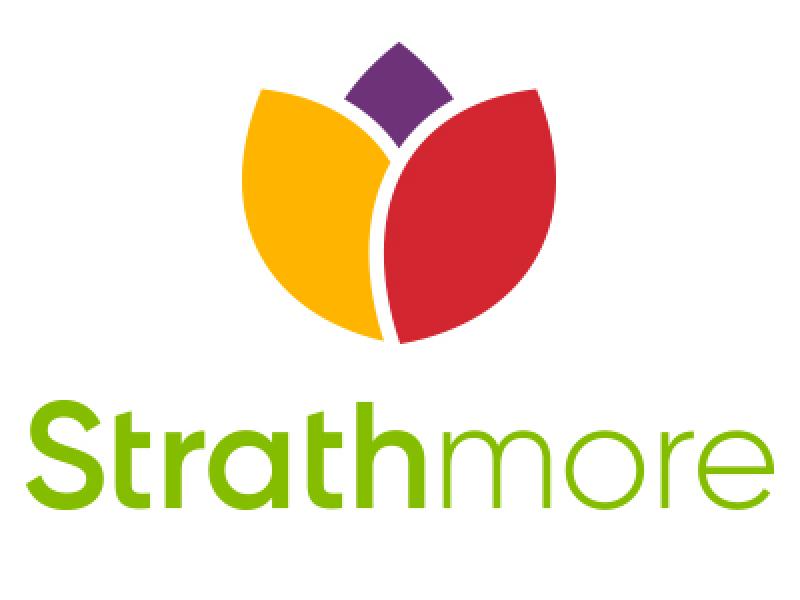
345 King St. W. is an office building being constructed in downtown Kitchener by Perimeter Development Corp. (Courtesy Perimeter)
Perimeter Development Corporation was launched in Toronto’s Liberty Village in 2010, but the company has really established itself since moving down Highway 401 to Kitchener, in Waterloo Region.
“It was a pretty easy choice for us,” Perimeter founding partner Craig Beattie told RENX. “We’ve always been pretty bullish on this market.”
Beattie and Perimeter co-founder David Gibson were joined by third partner Stewart Barclay in 2012.
The company has expanded to 15 employees in its downtown Kitchener office.
A talented, young labour force graduating from the area’s post-secondary institutions is creating a need for office space as tech and other companies move to and expand in Waterloo Region.
Many of Perimeter’s initial projects in the area involved repurposing older buildings.
Kitchener’s Innovation District
This included deconstructing a tired 1960s-era bank headquarters at 305 King St. and creating a 12-storey, 120,000-square-foot space Beattie said had “a funkier and more creative vibe to it.”
The refurbished building also now features floor-to-ceiling windows, an on-site fitness facility and a ground-floor restaurant and café.
Perimeter saw the potential of Kitchener’s downtown Innovation District and has become an important player in its evolution by also building new structures to attract forward-thinking tenants.
“We always knew that at some point the market would continue to evolve where there would be a need for a new class-A office building,” Beattie said.
“So, we were able to develop that vision with our 345 King West project, which is about a 120,000-square-foot, LEED Gold, class-A office building that we’re under construction with right now.
“We were able to secure a pre-lease transaction with Gowling WLG, a global law firm. They are the anchor tenancy for that project.”
The six-storey building, a joint venture with Toronto-based Fiera Properties, will feature 6,000 square feet of retail space and two levels of underground and at-grade parking in addition to its offices.
Completed floors are expected to be turned over to tenants early in the new year.
The Breithaupt Block
Perimeter’s next major project will be the third phase of its Allied Properties REIT (AP-UN-T) joint venture development, the fully leased The Breithaupt Block.

Perimeter Development and Allied Properties are set to begin Phase III at The Breithaupt Block in Waterloo Region. (Courtesy Perimeter)
Buildings at the former manufacturing site have been adaptively reused and reinvented in phases. The first involved the restoration and revitalization of 130,000 square feet of brick-and-beam office space.
The second phase included a three-storey glass box addition to a 1950s-era, two-storey industrial building to create 100,000 square feet of LEED Gold office space.
The two phases were linked by a glass sky bridge.
An 11-storey, 294,054-square-foot office building with a floor of underground parking will comprise the $157-million third phase. It will be constructed across the street from the existing buildings.
Perimeter and Toronto-based Allied also acquired two nearby parcels of land totalling 94,090 square feet which will be used for a five-storey parking structure with approximately 700 stalls.
The project will break ground in October, with occupancy anticipated in early 2022.
The Breithaupt Block is home to Google’s largest Canadian office, with more than 600 employees in about 185,000 square feet of space at the first two buildings.
A tenant has been secured for the third phase and, while it’s rumoured to be Google, Beattie said he’s unable to publicly name the company at this point.
Future Perimeter developments
Perimeter has plans to start building a seven-storey, 97,000-square-foot, class-A, LEED Gold office building with a plaza, roof deck and ground-floor retail at the site of the Adult Recreation Centre at 185 King St. S. in Waterloo.
That project is to begin in 2021, after the centre relocates to the Waterloo Memorial Recreation Complex.
The company paid $4.28 million for the .89-acre property in 2018.
Perimeter is also in the master-planning stage for a mixed-use development on a 3.5-acre site adjacent to the Borden light rail transit stop in the south part of downtown Kitchener.
It will be the firm’s first primarily residential project to be developed from the ground up.
The Walper Hotel
Perimeter got a taste of building for overnight residents when it transformed The Walper Hotel at the corner of King and Queen Streets in downtown Kitchener two years ago.
“We’d been focused on downtown development and we kept hearing over and over about the lack of quality hotel offerings, which was really hampering a lot of the tech businesses,” said Beattie.
“We had an opportunity to buy the old Walper Hotel, which was a fabulous building built in 1893. We undertook a major renovation and repositioning of that hotel and it’s now won tons of design awards.”
The 92-suite boutique hotel features a second-floor cocktail lounge, meeting rooms and a ballroom used for a variety of corporate and social functions.
Future opportunities for Perimeter
While the office market remains Perimeter’s focus, the move into hotels and residential mixed-use illustrates the company’s opportunism.
Perimeter’s principals also have experience with industrial properties, and Beattie said they are actively pursuing a move into that sector in the Waterloo Region.
Perimeter has also been offered development opportunities in Toronto, London, Guelph and Hamilton, but Beattie said it’s content to concentrate on Waterloo Region for the moment.
“It’s easier to do stuff in your own backyard. It’s much easier to service and execute and we have a really good network of contacts with the various municipalities.”
Perimeter’s partnerships with Allied and Fiera came about through existing relationships and have been “terrific,” according to Beattie.
“Those projects were the right fit at the right time for not only us, but for those partners as well. We enjoy a great relationship with all of our partners and definitely would look at future opportunities as they arise, if they’re a fit.”
While Perimeter sources projects from the open market, Beattie said pursuing off-market deals has resulted in plenty of success.
Financing is determined on a deal-by-deal basis and can include a combination of Perimeter’s own sources, traditional bank lending and joint ventures with institutional partners.







